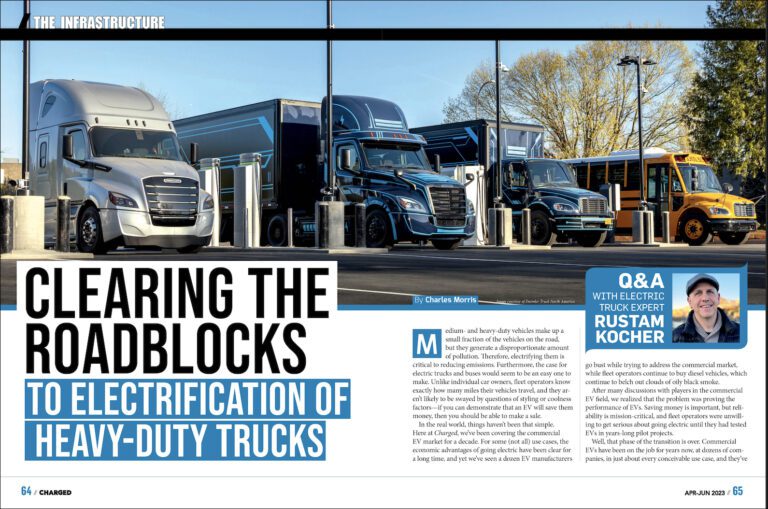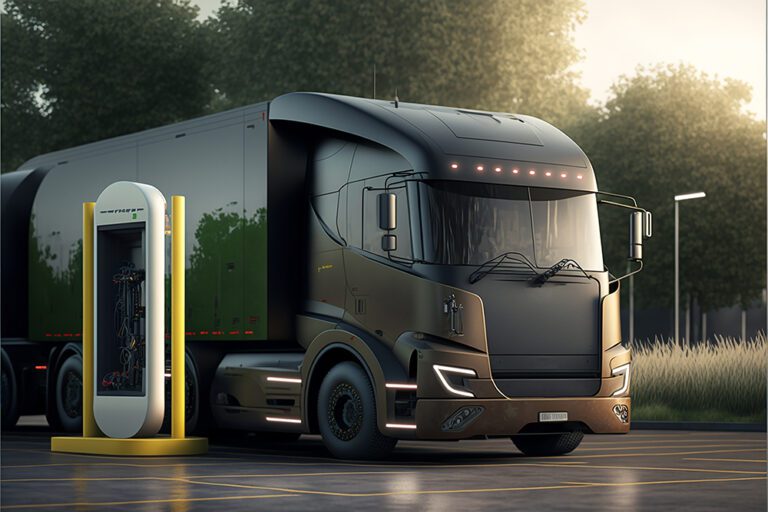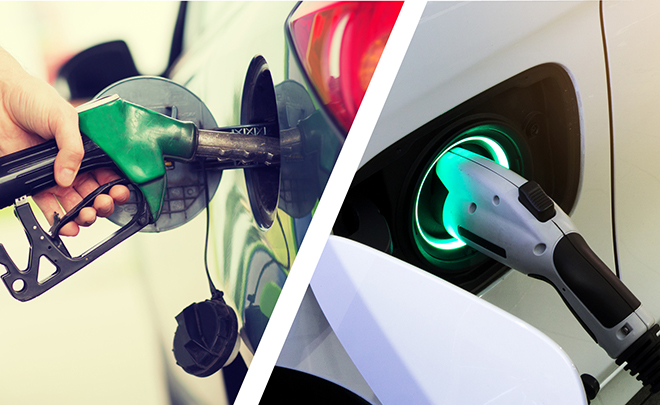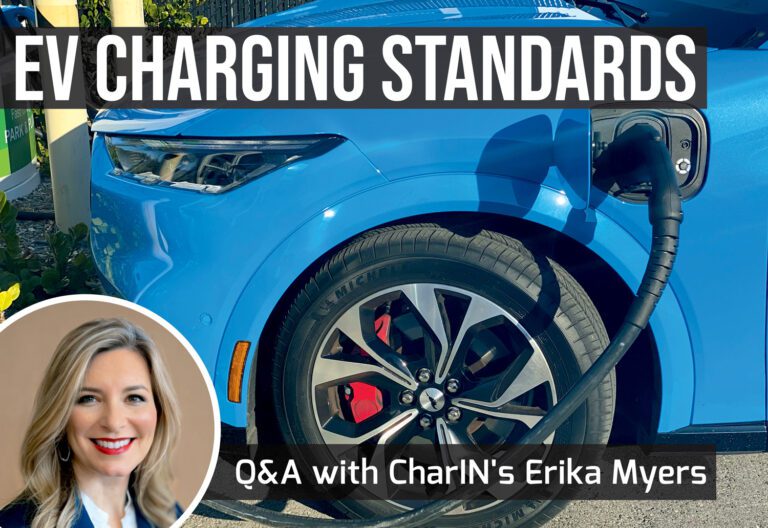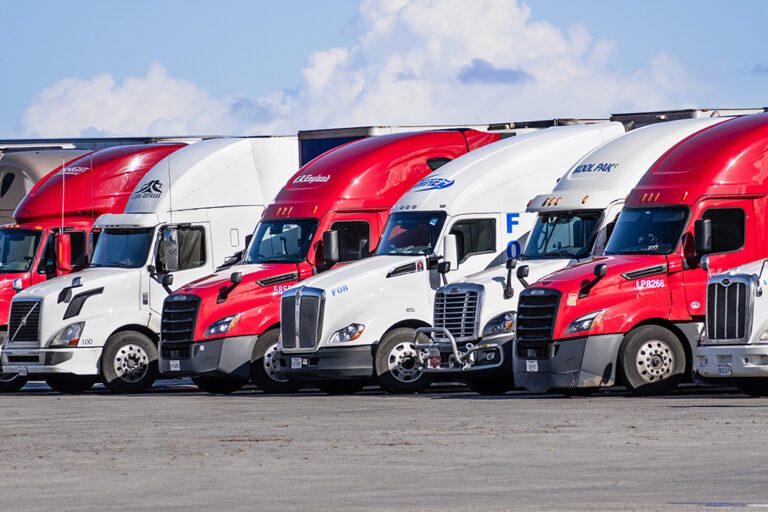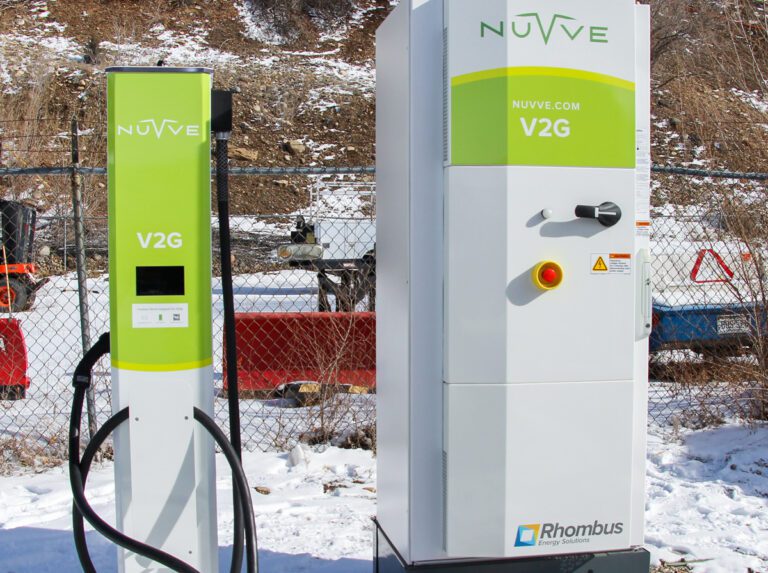Q&A with electric truck expert Rustam Kocher Medium- and heavy-duty vehicles make up a small fraction of the vehicles on the road, but they generate a disproportionate amount of pollution. Therefore, electrifying them is critical to reducing emissions. Furthermore, the case for electric trucks and buses would seem to be an easy one to make…. Read more »
Search Results Found For: "Advanced Clean Fleets"
US truck-makers pledge to comply with California’s phase-out of ICE vehicles
Some of the nation’s largest truck-makers, including Cummins, Daimler, Ford, GM, Hino, Isuzu, Navistar, Paccar, Stellantis and Volvo, along with the Truck and Engine Manufacturing Association, have pledged to comply with California’s Advanced Clean Fleets (ACF) rule, which will require all new medium- and heavy-duty vehicles sold or registered in the state to be zero-emission… Read more »
Parsing the objections to California’s 2036 diesel truck phase-out
The California Air Resources Board (CARB) recently voted to finalize its Advanced Clean Fleets (ACF) rule, a set of regulations that requires new medium- and heavy-duty vehicles sold or registered in the state to be zero-emission by 2036, and requires all trucks to be zero-emission by 2042. The rule is a complement to CARB’s Advanced… Read more »
Proposed California regulation would accelerate fleet electrification timeline
California’s 2035 phase-out of ICE cars has been grabbing the headlines, but other regulations that are in the works could have even more impact on emissions. When it meets on October 27, the California Air Resources Board (CARB) will consider putting in place a framework to require vehicle fleets, both public and private, to begin… Read more »
Testing and refining EV charging standards: Q&A with CharIN’s Executive Director
Q&A with Charging Interface Initiative North America (CharIN) Executive Director Erika Myers. To the average EV driver, charging may seem to be a mundane, even boring, matter. You plug your EV in when you get home, and when you’re ready to drive again, it’s charged. And that’s the way it should be. But there’s a… Read more »
Study finds deploying EVs isn’t enough—reaching emission goals requires early retirement of polluting trucks
Various countries and US states have set target dates for ending the sale of new ICE vehicles. California has developed what is perhaps the world’s most comprehensive plan. The state’s Advanced Clean Cars II legislation requires that all passenger vehicles and light trucks sold in the state be ZEVs by 2035, with interim sales targets… Read more »
To catch up on electric buses, Europe’s transit firms are working with China
When it comes to the EV race, China hasn’t just lapped the US and Europe—they’re running circles around us. No segment illustrates this embarrassment better than the electric bus market. As Michael Barnard reports in a recent CleanTechnica article, China currently has around 600,000 battery-electric buses operating in its cities. The US (which has 24%… Read more »
Paired Power and Monarch Tractor bring off-grid solar charging to California vineyard
Carr Winery sources hand-harvested organic grapes from Santa Barbara County vineyards. Since July, the company’s Kaerskov Vineyard has been using an electric “driver-optional” tractor that’s driven by 100 percent off-grid solar energy. At the vineyard, Monarch Tractor’s MK-V electric tractor is charged by Paired Power solar chargers, enabling the vineyard to significantly reduce its utility… Read more »
Why California needs to mandate bidirectional charging capabilities for EVs
Explaining the benefits of bidirectional EV charging: Q&A with Nuvve CEO Gregory Poilasne The term “game-changing” gets thrown around a lot in the EV field, but if there’s any new technology that really does deserve to be described this way (as California Governor Gavin Newsom recently did), it’s bidirectional charging. Going bi adds several nifty… Read more »
How charge management can reduce OpEx and CapEx for EV fleet projects
Q&A with The Mobility House Business Development Manager Sam Hill-Cristol If there’s one topic that everyone in the EV infrastructure field is talking about these days, it’s charge management. As organizations of all sizes electrify their vehicles, they often find that power consumption is a major constraint. Charging stations, especially those that serve large fleets… Read more »




